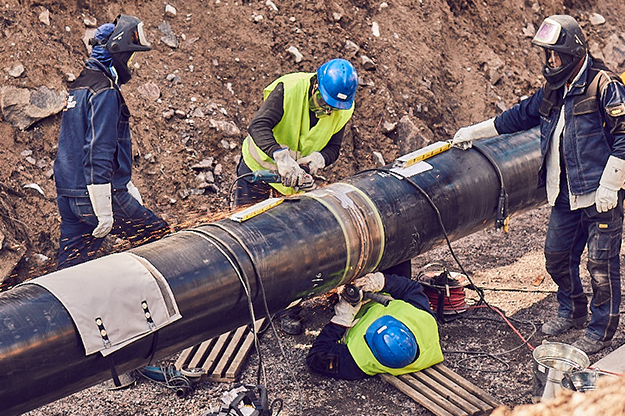
Insights | October 29, 2018
Insights from the Nordic and Baltic gas space (and renewables) last week
Taking part in three different seminars last week surely provided food for thought and valuable insights on the current situation in the natural gas, biogas, LNG, and renewables space, how these work together with the concept of smart and sustainable cities, and what themes tie these together.
I seem to be repeating myself in terms of emphasizing the progress that has been made in the Finnish and Baltic energy markets, since Roschier’s latest gas-related Reflections note addressing this issue was published only recently.
A lot has been said lately about the opening up of the Finnish gas markets. The participants enjoyed a lively discussion on that topic at the Tenth annual Baltic Energy Summit (BES) held in Tallinn on 25-26 October 2018, which I had the honor of chairing once again. One of the big events relating to that subject was the signing of the EU grant agreement for GIPL (Gas Interconnector Poland – Lithuania) on 15 October 2018. The EU Commission’s press release noted that “[t]his is the central element of EU’s Energy Union Strategy“. This grant has been one of the long-waited pieces in the puzzle of the development of the Finnish and Baltic gas markets.
The role of regulation and regulators was also widely discussed both in terms of granting opportunities for investments, but also creating obstacles for others. This theme was also discussed at Roschier’s IPFA event held in Stockholm on 24 October 2018 – Smart and Sustainable Cities in Stockholm.
Energy prices in general and the price of gas in particular were discussed both at the BES as well as in Riga at the Eighth Baltic Oil and Gas Trading and Transportation Conference. Developments in energy policies and supply and demand virtually on the other side of the world do affect the decisions companies need to make in the Nordic and Baltic countries. This is a theme that was already discussed in great detail in May in Athens at the Third HAEE Conference – Energy Transition: European and Global Perspective, where I presented a paper that discussed the changes in the gas markets in China and the changing position of the United States in terms of LNG and shale gas affecting the prices in Europe. Read more here.
Cooperation in its many formats was one of the carrying themes at the BES. Examples of great prospects in terms of market integration are coming out of the Finnish and Baltic cooperation and here I refer to Roschier’s Reflections article from early October. Crucial projects supporting and facilitating the market integration are well on their way to being completed. The seminar included an update on the Balticconnector project, the GIPL project and the proposed Baltic Pipe project. There is still a lot of work to be done to reach the market integration goals by the beginning of 2020, but there seems to be considerable momentum towards resolving issues together and working towards common goals for the good of the market. Cooperation in terms of common projects with governments and municipalities was also brought up in a positive light in terms of learning from one another and achieving goals together, which could be very difficult or at least slower to achieve alone.
Wind projects and biomass projects also had their moment in the spotlight at the BES. Detailed price discussions in these markets followed good presentations and discussions concerning financial modeling, corporate PPAs and the viability of projects without subsidies, etc. It was very interesting to hear the developments in the Baltic countries and the current interests of developers and investors and what they should be looking at in the future. Noted in particular were the developments in and emergence of the Baltic renewables market.
The IPCC’s (Intergovernmental Panel of Climate Change) comprehensive assessment released in 7 October 2018 was also discussed at the seminar. Participants were wondering why the assessment itself attracts very little attention at investment-related seminars, where the focus is only on financial feasibility and other matters. My thoughts are that maybe the time has come to combine disciplines to achieve better end results, a principle that we at Roschier apply in our Projects & Energy practice area. Get the experts of different areas together and create something that is bigger and more than just individual legal advice in a specific area. Let’s create more value together!
As I mentioned in my closing remarks at the BES, in all good TV series there are cliffhangers and sometimes the words…to be continued… The same certainly applies to gas market integration, sustainability issues and renewable energy in the Baltics. Stay tuned!